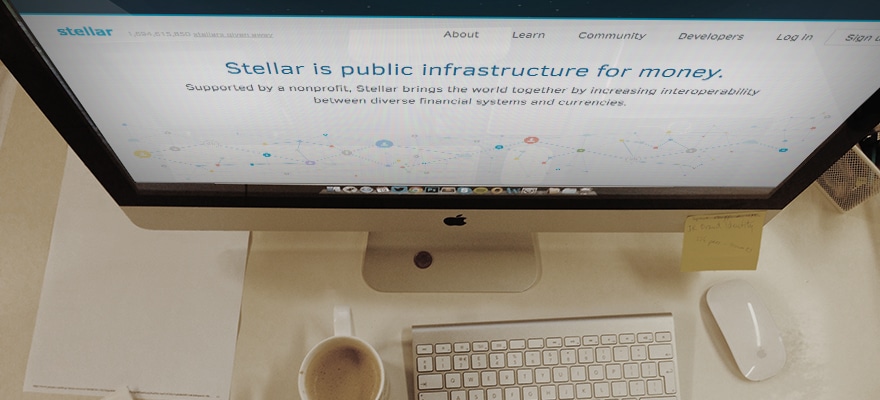Stellar presented on how to bring down the cost and time of remittances at the recent conference, "Harnessing Migration, Remittances and Diaspora Contributions for Financing Sustainable Development," hosted by the UN and the World Bank.
Stellar, originally adapted from the Ripple protocol but recently revamping its codebase, aims to revolutionize the way foreign currency transfers are carried out. The startup has been emphasizing the social and humanitarian benefits of its vision, which include the transformation of the remittances market to help relieve poverty.
The conference noted how in 2014, approximately $582 billion in remittances were sent globally. Of this, approximately $44 billion, or an average of 7.6%, were taken as fees by the middlemen.
Joyce Kim, Executive Director at Stellar Development Foundation, framed the current situation as follows:
"A core cause of high transaction fees is friction—money moves slowly and inefficiently from one country to another. Transferring money is expensive because there are limited connections between financial institutions and systems. Currently, we don’t have a neutral network to tie our disparate, siloed institutions together and move money cheaply and seamlessly. But even if we did, could we trust a privately owned network to be reliable and honest?"
In her presentation, she commented how Stellar could supply the interoperability needed to send money across networks and how its platform could function as SWIFT does today for the banks. It was demonstrated how a remittance company connected to Stellar's network could transfer 5 GBP (a microtransaction) and via its digital currency, convert it to Nigerian naira. A negligible fee is collected as a protection against denial of service (DoS) attacks.
Also presenting was Amy Ludlum, CFO at BitPesa, a Bitcoin -powered remittance service based in Africa.

















